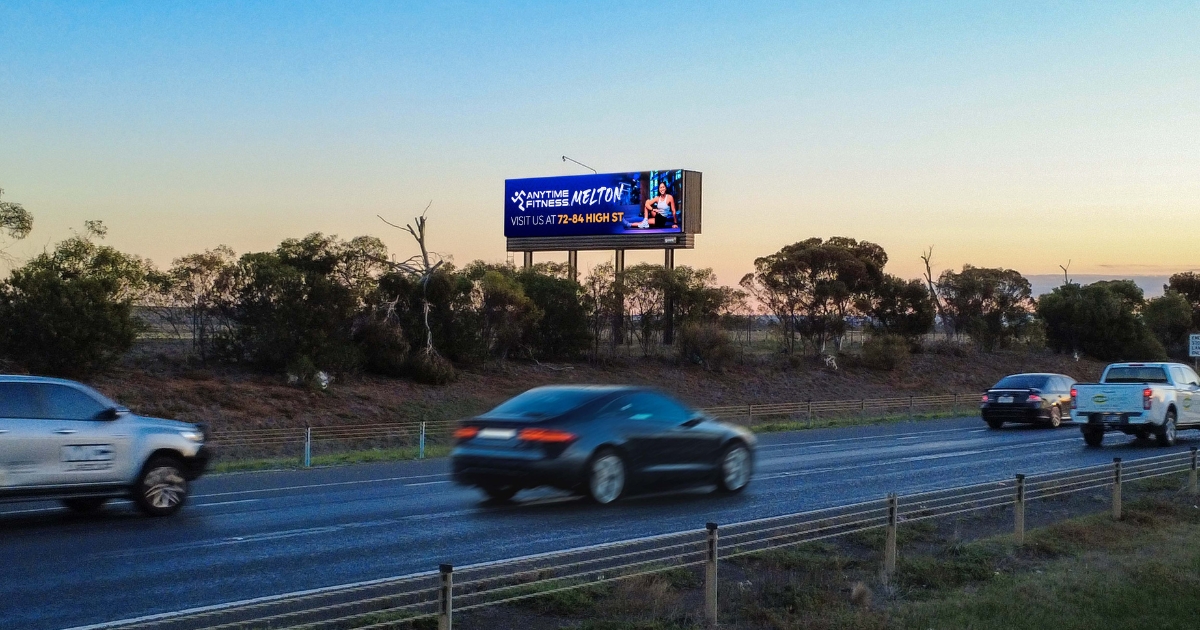Residents won’t accept “less than ideal solution” for roads

The Lower Bluff Road Action Group want a better solution to improving their roads but also want them to remain unsealed. Photo: CITY OF GREATER GEELONG
SOME residents in St Leonards are unhappy not only with the City of Greater Geelong’s methods to reduce dust on their roads but also with the suggestion they should accept “a less than ideal solution” to the issue.
The Lower Bluff area has 12 unsealed roads that service about 300 properties, and those living there are generally opposed to having the roads sealed.
In June 2019, in response to requests for dust suppression, the city applied a new blended gravel treatment it referred to as “Tucker gravel”, which was intended to reduce dust in summer and surface water in winter.
Some residents are concerned the Tucker gravel has not helped but has in fact made the roads worse, and nearly 70 of them have formed the St Leonards Lower Bluff Road Action Group to press for a better solution.
In correspondence with city staff and councillors, action group representative Bruce Cook wrote on March 29 the city’s traffic calming measures of “Lower speed lower dust” signs and a proposed 40kmh speed limit would not address the overall situation.
“While speeding vehicles – and with this road surface that is anything over about 10kmh is a problem and does generate dust issues – slowing vehicles will not solve the problems of the slush and mushy road surface following rain making it difficult to drive and walk upon; the dust and the slush invading our homes, not to mention our health; dust being produced on windy days, with or without vehicles on the roads, and the silt runoff from the road blocking the natural drainage in the area causing flooding of driveways [and] yards.”
The action group called on the city to remove the Tucker gravel and replace it with a material suitable for unsealed road surfaces as well as dust suppressant.
In his reply a day later, Bellarine Ward councillor Jim Mason wrote he had referred the ongoing complaints to the city’s officers.
“I can assure you, and all, that we councillors are doing our best in these circumstances to tune policy directions to the uppermost limit for the benefit of all ratepayers.
“I do hope that you understand that acceptance of a less than ideal solution is likely to be necessary.”
This spurred an angry response from the action group’s members, who wrote they did not and would not accept such a solution for a problem they said was caused by the city and introduced without consultation.
Paul Cleverley expressed his “disbelief” at Cr Mason’s suggestion.
“I’m assuming you all accept inferior project delivery and accept less than ideal outcomes. If you do, you should not be representing our community.”
Richard and Wendy Hollow wrote the city’s response so far “has been less than ideal”.
“I understand that a council’s main purpose is to serve the residents they represent and therefore outcomes should be mutually agreed, once all aspects have been discussed and laid open.”
In an email sent to the action group on Monday this week, the city’s co-ordinator of infrastructure planning Shane Nuttall wrote the city would monitor and maintain all its roads in accordance with its Road Management Plan to ensure they operated as designed.
“Regardless of the type of gravel material used, the issues you highlight will continue to occur – wet weather will cause the surface to become saturated and dry weather will increase dust emission.
“The gravel roads in the Lower Bluff area will not be upgraded at this time.”

















